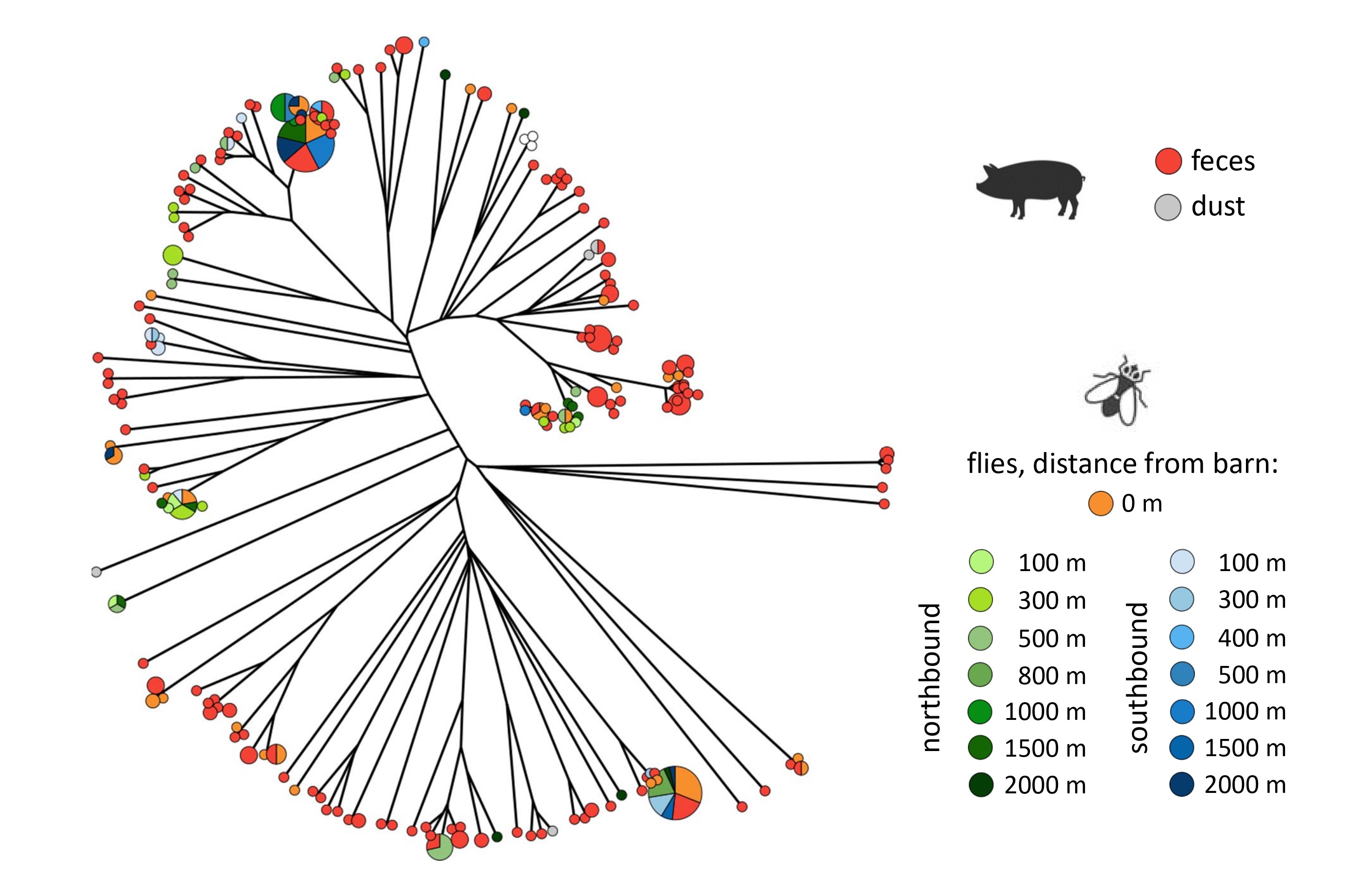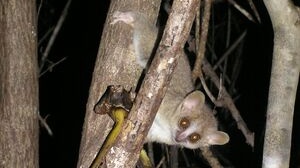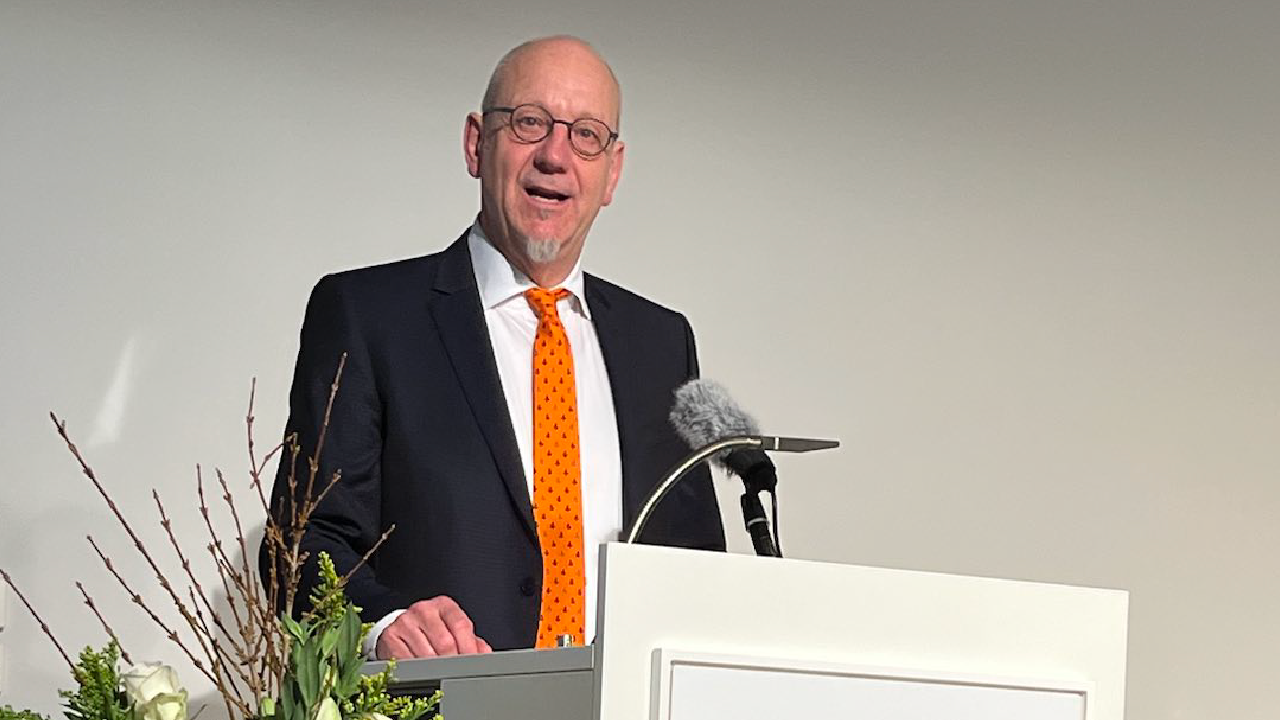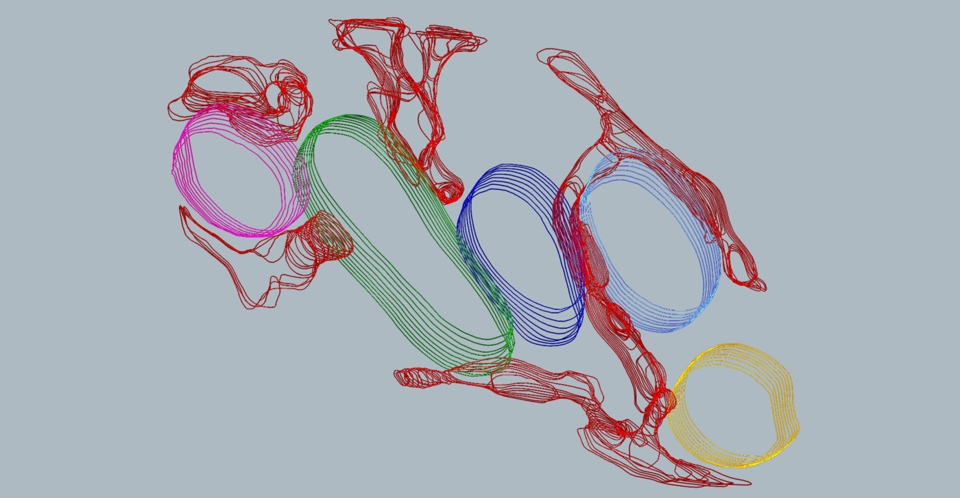
By using bacterial whole genome sequencing, scientists from the Leibniz Research Alliance INFECTIONS showed that contaminated houseflies (Musca domestica) carried antimicrobial-resistant bacteria from agriculture farms into urban habitation areas.
As part of their research, the team examined a pig farm in Brandenburg, Germany, and its surrounding area for the presence of antimicrobial-resistant bacteria of the genus Escherischia coli (E. coli). This enterobacterium can cause severe urinary tract and intestinal infections in humans that can lead to death.
The results of bacterial genomic analysis could show that a large number of E. coli bacteria showed resistance in the samples and that contaminated houseflies carried these bacteria from the farm over distances of at least 2 km to urban residential areas. The observed proximity of contaminated flies to human households poses a risk of transmission of antimicrobial-resistant enteric pathogens from livestock to humans.
Scientists from the DSMZ - German Collection of Microorganisms and Cell Cultures-, the Leibniz Centre for Agricultural Landscape Research (ZALF) e. V and the Leibniz Institute for Agricultural Engineering and Bioeconomics (ATB) were involved in this work. The results have now been published in the current issue of the journal Environmental Microbiology.
Publication:
Behrens W.*, Kolte B.*, Junker V.*, Frentrup M., Dolsdorf C., Börger M., Jaleta M., Kabelitz T., Amon T., Werner D., Nübel U. (2023) Bacterial genome sequencing tracks the housefly-associated dispersal of fluoroquinolone- and cephalosporin-resistant Escherichia coli from a pig farm. Environmental Microbiology. In press. *equal contribution. PMID: 36772962. https://doi.org/10.1111/1462-2920.16352

Press release of the Leibniz Institute for Zoo and Wildlife Research from January, 13, 2023
Madagascar is home to a unique biodiversity with a large number of endemic species, among those many lemur species, including the mouse lemurs. This diversity is also found in their retroviruses, a team led by scientists from the Leibniz Institute of Zoo and Wildlife Research (Leibniz-IZW) and the University of Stirling reports in the journal “Virus Evolution”. They analysed the mouse lemur genome and identified viruses of two classes that represent ancient infections of the mouse lemur germline. The viruses now behave similarly to lemur genes and are thus called endogenous retroviruses (ERVs). It was surprising that some of the identified retroviruses are closely related to viruses found in other, very different mammals such as polar bears or domestic sheep. This suggests an intriguing and complex pattern of host switching of retroviruses, much more complex than previously thought.

On Jan. 24, 2023, a panel discussion on "The spread of antibiotic-resistant germs as a global crisis" took place at the Hessian State Representation in Brussels, to which Prof. Ulrich Schaible, spokesman of the Leibniz Research Network (LRA) INFECTIONS, was invited. The event was livestreamed and is now available to all interested viewers in the aftermath.

Press release of the Leibniz Center Infection from January, 20, 2023-- translated from German
International Symposium of the Leibniz Center Infection
Hamburg. The multiple strategies of infectious pathogens to survive and multiply in the host and how we might use these sophisticated strategies to better fight the pathogens are the focus of this year's symposium "Compartments in Infection" of the Leibniz Center Infection (LCI). On January 26 and 27, 2023, international researchers will gather at the Bernhard Nocht Institute for Tropical Medicine to discuss this topic.

Antimicrobial resistance (AMR) claimed 5 million lives in 2019, posing a major challenge to global public health. National action plans (NAPs) are the primary method for guiding national strategies and actions to combat AMR. Although several NAPs have been developed, there is no comprehensive content analysis of these plans. A team of different researchers, including 3 members of our alliance, conducted a systematic assessment of NAP implementation in 114 countries.